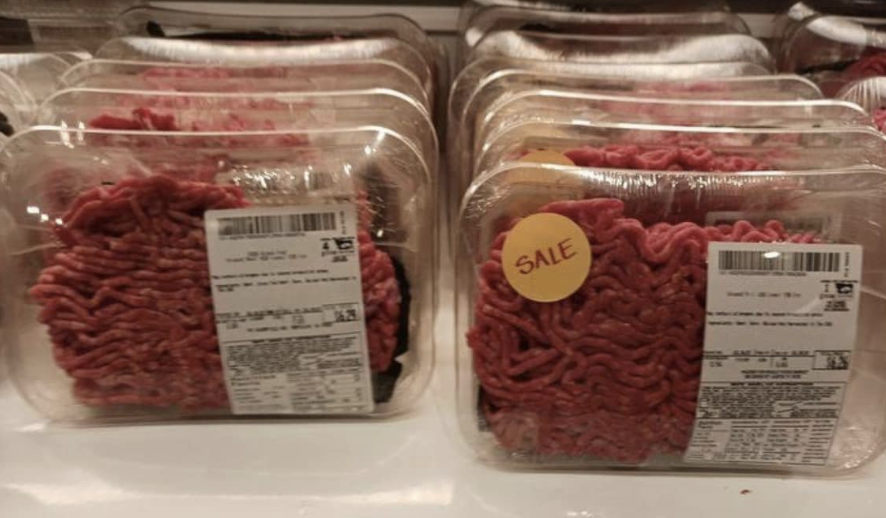Emeryville, California-based manufacturer UPSIDE Foods, which gave ABC News a look inside its facilities earlier this year, and Good Meat a cultivated meat division of the plant-based egg substitute food technology company Eat Just, are the first U.S. Department of Agriculture-approved cell-cultivated chicken meat producers and have been fully approved by the U.S. government for commercial sales nationwide.
“We have been the only company selling cultivated meat anywhere in the world since we launched in Singapore in 2020, and now it’s approved to sell to consumers in the world’s largest economy,” Josh Tetrick, co-founder and CEO of GOOD Meat and Eat Just said in a statement.
UPSIDE Foods says it will begin cultivation and sales of real chicken meat grown from animal cells in bioreactors. ABC
The UPSIDE Foods team and Good Meat have now achieved all three key regulatory milestones: A “No Questions” Letter from the FDA, a USDA Label Approval, and the USDA Grant of Inspection.
So far only lab grown chicken is for sale and is labeled “cell cultivated” that is what you need to look for. pic.twitter.com/sZrOqnkvZw
— 🌹Rosarian NikitaMarie (@RetiredNikitaM) July 11, 2023
From Nature last year:
Cell-cultivated meat and seafood is getting closer to a reality for consumers in the US and around the world. However, regulators are still largely lagging behind on regulating production and labelling of these products. In a large experimental study using a representative US sample (N = 2653), we tested 9 different names for 3 different types of meat and seafood products in terms of their clarity, consumer appeal, and communication of safety and allergenicity.
We found that terms proposed by the conventional meat and seafood industry including ‘artificial’ and ‘lab-grown’ tended to score low in terms of consumer appeal, purchase intent, and perceived safety, while ‘artificial’ also had the lowest score on clarity and communicating allergenicity. On the other hand, terms proposed by the cell-cultivated industry including ‘Novari’ scored high in terms of appeal and purchase intent but scored low in terms of clarity.
The terms ‘cell-cultured’ and ‘cell-cultivated’ were the best all round labels in terms of clarity, appeal, and communicating safety and allergenicity – in particular, the addition of the prefix ‘cell-’ increased understanding compared to ‘cultured’ or ‘cultivated’ labels.
The most-understood label was a short descriptive phrase (‘grown from [animal] cells, not farmed [or fished]’), suggesting that additional wording on packaging could aid consumer understanding in this early stage.
A high proportion of consumers were uncertain about the allergen status of cell-cultivated products under all names, suggesting that cell-cultivated products should be labelled as the type of meat they are, and carry applicable allergen information.
